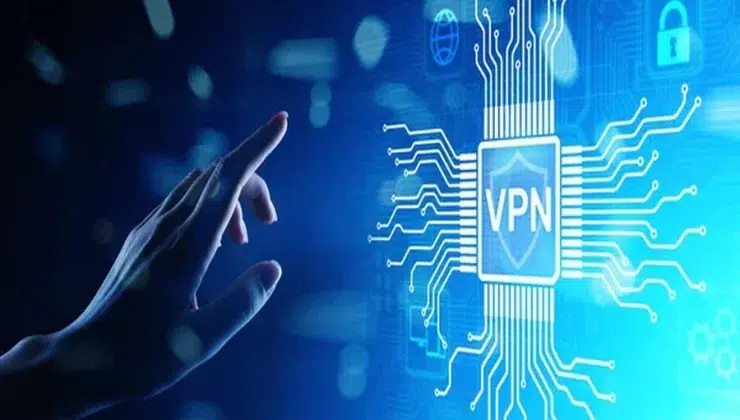The Digital Nomad’s Guide to Online Privacy in the Music and Entertainment World

Introduction
Spending a lot of time online working with or enjoying music, art, or any kind of digital entertainment will have likely made you more conscious of just how vulnerable your data is. You are leaving a digital trail whether you are a composer distributing early recordings, a filmmaker working on edits, or just a fan watching the most recent release. Though the entertainment industry is under constant observation, this seems innocuous. One may follow, save, and profile your likes, sites, and surfing patterns.
Using a VPN is among the easiest ways one may reclaim some of their privacy. When starting, many creatives and regular consumers choose something like Planet VPN. Especially while working remotely or between jobs, this is a basic approach to protect your connection. It provides encryption that hides your IP address and keeps prying eyes—from either advertising or possible hackers away. Artists who travel regularly or do business using public Wi-Fi especially find this useful. Not to mention that mobile security is absolutely vital; VPN applications abound for both Android and iOS, so you’re secured even while uploading music from your phone or watching on-demand.
Digital security is about maintaining control over your work for traveling bands, remote producers, and independent creatives—not only about protection. Imagine submitting a demo to your team only to discover it has been intercepted or leaked because of an unprotected network. By encrypting that data in transit, VPNs provide you even another degree of control. It’s like having a personal tunnel between your tool and the individual you’re collaborating with.
Even fans can benefit. Say you’re on tour following your favorite band or attending music festivals in different countries. You might run into location-based restrictions—some content just isn’t available everywhere. A VPN allows you to bypass those borders so you can access your subscriptions and online libraries no matter where you are. In some cases, it can even help with ticket sales when certain regions are prioritized or when release windows vary.
Another area where VPNs shine is in helping you avoid targeted advertising. In the entertainment world, data about your listening habits or the types of content you consume can be sold and shared. VPNs mask your IP and prevent cookies and tracking scripts from easily profiling you. If you’ve ever talked about a band or album and suddenly seen it pop up in your social media ads, you already know how pervasive this can be.
Collaboration in today’s music industry is more global than ever. Artists across the world are sharing beats, recording vocals, and editing video from different time zones. VPNs help ensure those cross-border communications are secure. It also gives you the confidence that your intellectual property isn’t being monitored or logged by third parties while it’s in motion.
Using a VPN boosts your professionalism and security. Whether you are signing contracts, forwarding film to editors, or livestreaming a show, it helps maintain your workflow safe. And it’s about smartness, not about secrecy. You wouldn’t leave expensive gear out in the open while on tour; why do the digital equivalent with your data?
Conclusion:
Online privacy technologies are, quite properly, becoming increasingly common. We need the correct tools to securely negotiate this area as digital platforms change and more of our leisure life travels online. VPN are for everyone who values privacy, regardless of whether you’re viewing a documentary on your phone at a café or mixing a track at three in a.m.; they are not only for techies. Taking your privacy seriously is not optional as technology and creativity keep blending; it is rather natural for a modern producer and customer.










